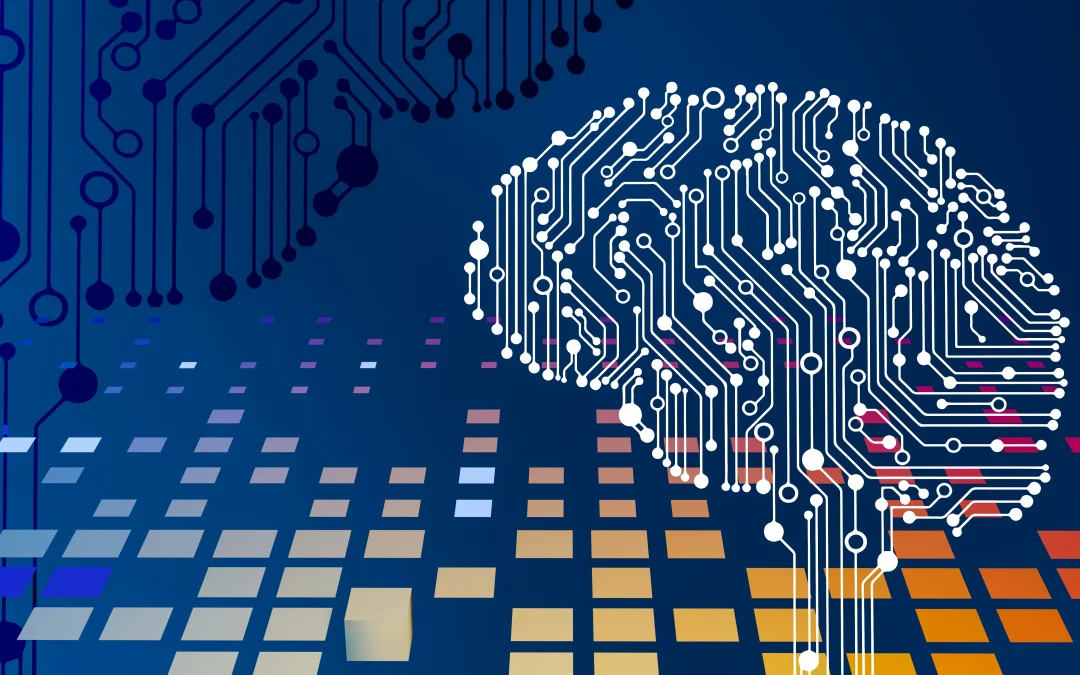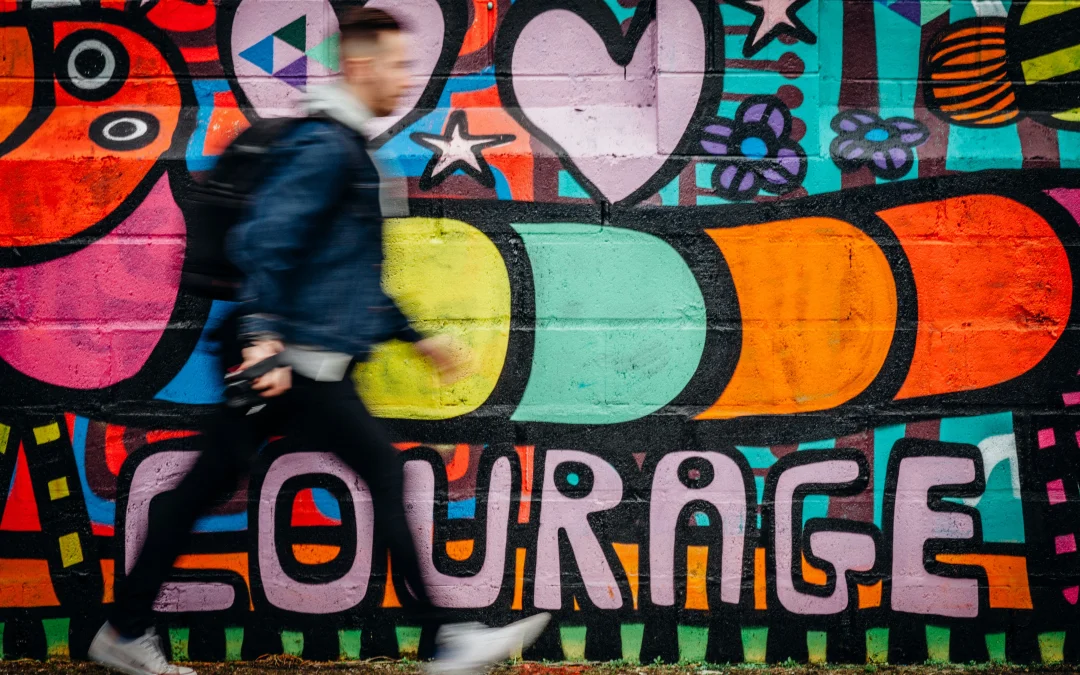50. As Pope Francis observed, “the inherent dignity of each human being and the fraternity that binds us together as members of the one human family must undergird the development of new technologies and serve as indisputable criteria for evaluating them before they are employed.”[100]
51. Viewed through this lens, AI could “introduce important innovations in agriculture, education and culture, an improved level of life for entire nations and peoples, and the growth of human fraternity and social friendship,” and thus be “used to promote integral human development.”[101] AI could also help organizations identify those in need and counter discrimination and marginalization. These and other similar applications of this technology could contribute to human development and the common good.[102]
52. However, while AI holds many possibilities for promoting the good, it can also hinder or even counter human development and the common good. Pope Francis has noted that “evidence to date suggests that digital technologies have increased inequality in our world. Not just differences in material wealth, which are also significant, but also differences in access to political and social influence.”[103] In this sense, AI could be used to perpetuate marginalization and discrimination, create new forms of poverty, widen the “digital divide,” and worsen existing social inequalities.[104]
53. Moreover, the concentration of the power over mainstream AI applications in the hands of a few powerful companies raises significant ethical concerns. Exacerbating this problem is the inherent nature of AI systems, where no single individual can exercise complete oversight over the vast and complex datasets used for computation. This lack of well-defined accountability creates the risk that AI could be manipulated for personal or corporate gain or to direct public opinion for the benefit of a specific industry. Such entities, motivated by their own interests, possess the capacity to exercise “forms of control as subtle as they are invasive, creating mechanisms for the manipulation of consciences and of the democratic process.”[105]
54. Furthermore, there is the risk of AI being used to promote what Pope Francis has called the “technocratic paradigm,” which perceives all the world’s problems as solvable through technological means alone.[106] In this paradigm, human dignity and fraternity are often set aside in the name of efficiency, “as if reality, goodness, and truth automatically flow from technological and economic power as such.”[107] Yet, human dignity and the common good must never be violated for the sake of efficiency,[108] for “technological developments that do not lead to an improvement in the quality of life of all humanity, but on the contrary, aggravate inequalities and conflicts, can never count as true progress.”[109] Instead, AI should be put “at the service of another type of progress, one which is healthier, more human, more social, more integral.”[110]
55. Achieving this objective requires a deeper reflection on the relationship between autonomy and responsibility. Greater autonomy heightens each person’s responsibility across various aspects of communal life. For Christians, the foundation of this responsibility lies in the recognition that all human capacities, including the person’s autonomy, come from God and are meant to be used in the service of others.[111] Therefore, rather than merely pursuing economic or technological objectives, AI should serve “the common good of the entire human family,” which is “the sum total of social conditions that allow people, either as groups or as individuals, to reach their fulfillment more fully and more easily.”[112]
AI and Human Relationships
56. The Second Vatican Council observed that “by his innermost nature man is a social being; and if he does not enter into relations with others, he can neither live nor develop his gifts.”[113] This conviction underscores that living in society is intrinsic to the nature and vocation of the human person.[114] As social beings, we seek relationships that involve mutual exchange and the pursuit of truth, in the course of which, people “share with each other the truth they have discovered, or think they have discovered, in such a way that they help one another in the search for truth.”[115]
57. Such a quest, along with other aspects of human communication, presupposes encounters and mutual exchange between individuals shaped by their unique histories, thoughts, convictions, and relationships. Nor can we forget that human intelligence is a diverse, multifaceted, and complex reality: individual and social, rational and affective, conceptual and symbolic. Pope Francis underscores this dynamic, noting that “together, we can seek the truth in dialogue, in relaxed conversation or in passionate debate. To do so calls for perseverance; it entails moments of silence and suffering, yet it can patiently embrace the broader experience of individuals and peoples. […] The process of building fraternity, be it local or universal, can only be undertaken by spirits that are free and open to authentic encounters.”[116]
58. It is in this context that one can consider the challenges AI poses to human relationships. Like other technological tools, AI has the potential to foster connections within the human family. However, it could also hinder a true encounter with reality and, ultimately, lead people to “a deep and melancholic dissatisfaction with interpersonal relations, or a harmful sense of isolation.”[117]
Authentic human relationships require the richness of being with others in their pain, their pleas, and their joy.[118] Since human intelligence is expressed and enriched also in interpersonal and embodied ways, authentic and spontaneous encounters with others are indispensable for engaging with reality in its fullness.
59. Because “true wisdom demands an encounter with reality,”[119] the rise of AI introduces another challenge. Since AI can effectively imitate the products of human intelligence, the ability to know when one is interacting with a human or a machine can no longer be taken for granted. Generative AI can produce text, speech, images, and other advanced outputs that are usually associated with human beings. Yet, it must be understood for what it is: a tool, not a person.[120] This distinction is often obscured by the language used by practitioners, which tends to anthropomorphize AI and thus blurs the line between human and machine.
60. Anthropomorphizing AI also poses specific challenges for the development of children, potentially encouraging them to develop patterns of interaction that treat human relationships in a transactional manner, as one would relate to a chatbot. Such habits could lead young people to see teachers as mere dispensers of information rather than as mentors who guide and nurture their intellectual and moral growth. Genuine relationships, rooted in empathy and a steadfast commitment to the good of the other, are essential and irreplaceable in fostering the full development of the human person.
61. In this context, it is important to clarify that, despite the use of anthropomorphic language, no AI application can genuinely experience empathy. Emotions cannot be reduced to facial expressions or phrases generated in response to prompts; they reflect the way a person, as a whole, relates to the world and to his or her own life, with the body playing a central role. True empathy requires the ability to listen, recognize another’s irreducible uniqueness, welcome their otherness, and grasp the meaning behind even their silences.[121] Unlike the realm of analytical judgment in which AI excels, true empathy belongs to the relational sphere. It involves intuiting and apprehending the lived experiences of another while maintaining the distinction between self and other.[122] While AI can simulate empathetic responses, it cannot replicate the eminently personal and relational nature of authentic empathy.[123]
62. In light of the above, it is clear why misrepresenting AI as a person should always be avoided; doing so for fraudulent purposes is a grave ethical violation that could erode social trust. Similarly, using AI to deceive in other contexts—such as in education or in human relationships, including the sphere of sexuality—is also to be considered immoral and requires careful oversight to prevent harm, maintain transparency, and ensure the dignity of all people.[124]
63. In an increasingly isolated world, some people have turned to AI in search of deep human relationships, simple companionship, or even emotional bonds. However, while human beings are meant to experience authentic relationships, AI can only simulate them. Nevertheless, such relationships with others are an integral part of how a person grows to become who he or she is meant to be. If AI is used to help people foster genuine connections between people, it can contribute positively to the full realization of the person. Conversely, if we replace relationships with God and with others with interactions with technology, we risk replacing authentic relationality with a lifeless image (cf. Ps. 106:20; Rom. 1:22-23). Instead of retreating into artificial worlds, we are called to engage in a committed and intentional way with reality, especially by identifying with the poor and suffering, consoling those in sorrow, and forging bonds of communion with all.
Image: Photo by Igor Omilaev on Unsplash










